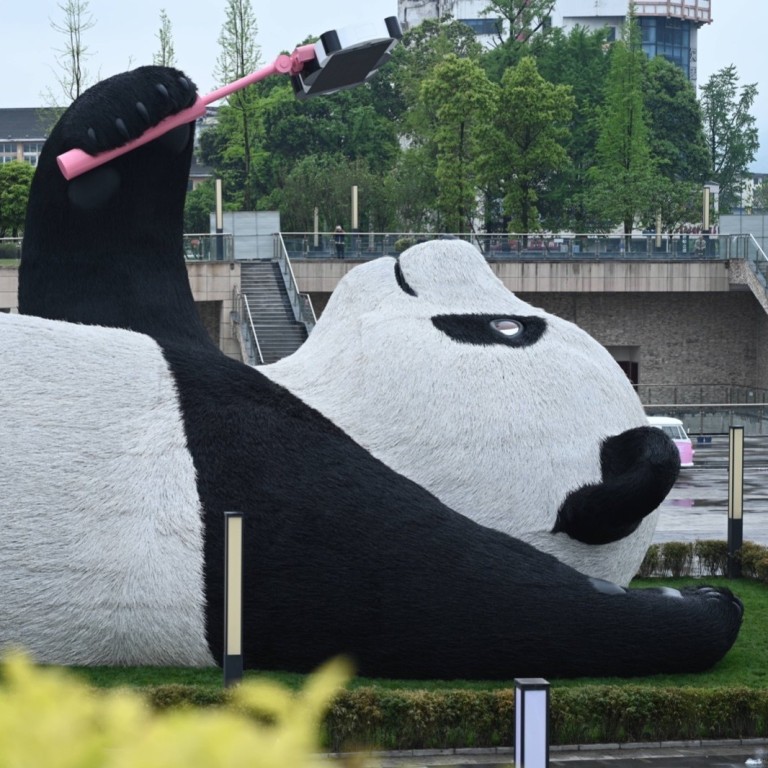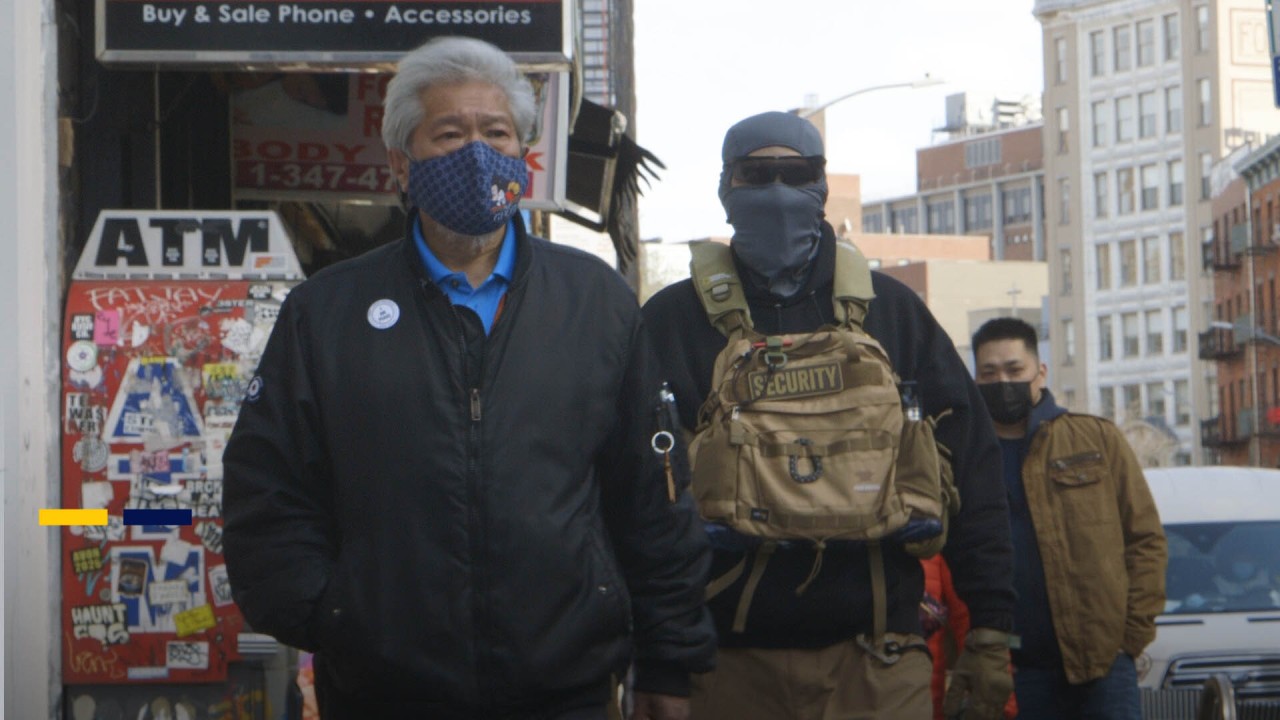
Letters | China needs to get its spin on as the West ramps up the rhetoric
- While it may not be trendy now to be a panda-hugger, not many countries are willing to blindly trust the uncertain leadership of the United States either
- China has to work on a much more coordinated and proactive PR strategy to change perceptions
The voices spouting these opinions seem to be credible and highly influential people and news sources. But dig deeper and there appears to be little evidence supporting these claims. Or you could, as they say, follow the money: the US State Department has been linked to this kind of disinformation, and has a declared budget to do more damage to reputations.
However, the man on the street in the West may be swayed by those claims and allegations – and this might have resulted in the many attacks on people of Asian origin in their home countries. Yet this is also a golden opportunity for China on so many levels.
Firstly, it is having the unintended consequences of galvanising Chinese citizens into support of China and all things Chinese – they are boycotting Western brands and supporting local companies – and of galvanising the development of the industries targeted by the US.
Secondly, it has created so much curiosity about China that, as a side effect, more and more Westerners and think tanks who were possibly neutral on China have turned into advocates of China and are taking to social media channels to give their side of the story. Thus, more pro-China supporters are coming to the fore on social media.
But, read the news: while it isn’t trendy to be called a panda-hugger, not many countries are willing to blindly trust the uncertain leadership of the United States either, with Trump wannabes waiting in the wings.
Although China still has much to do to win the hearts and minds of global citizens, its vaccine diplomacy and the Belt and Road Initiative have made a positive impact on health and livelihoods in emerging economies, and boosted levels of positivity among people in the countries it has helped.
Coronavirus: how China is taking a high-stakes bet on vaccine diplomacy in Latin America
China has to work on a much better coordinated and proactive PR and marketing strategy to change perceptions about it among citizens of top trading partners, instead of reacting and being on the defensive in every attack. Perhaps a Chinese budget for libel lawsuits could work too.
The third world war will not be won with missiles and nuclear weapons, but through the hearts and minds of people everywhere. On this battleground, the US has got a head start on China.
Suzanne Ho, Singapore


